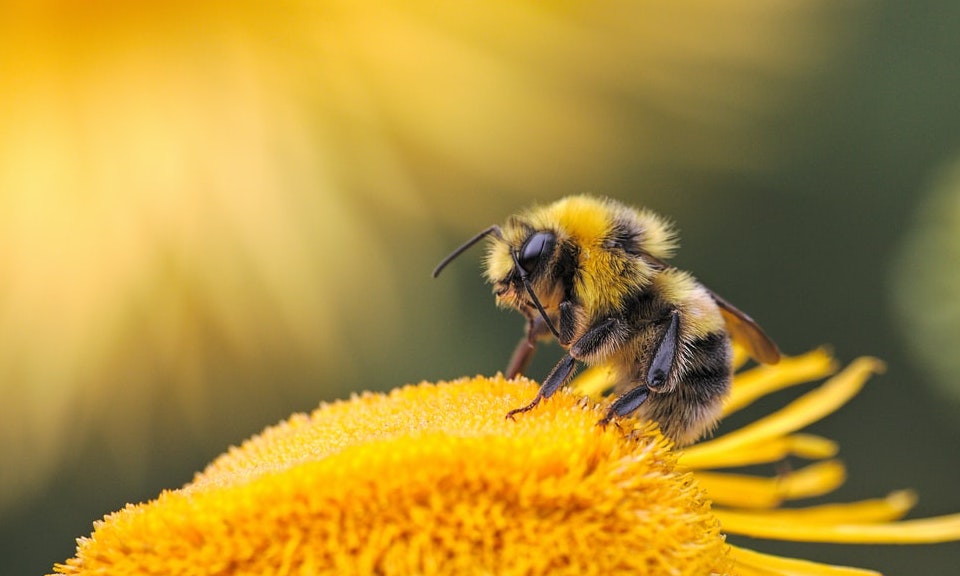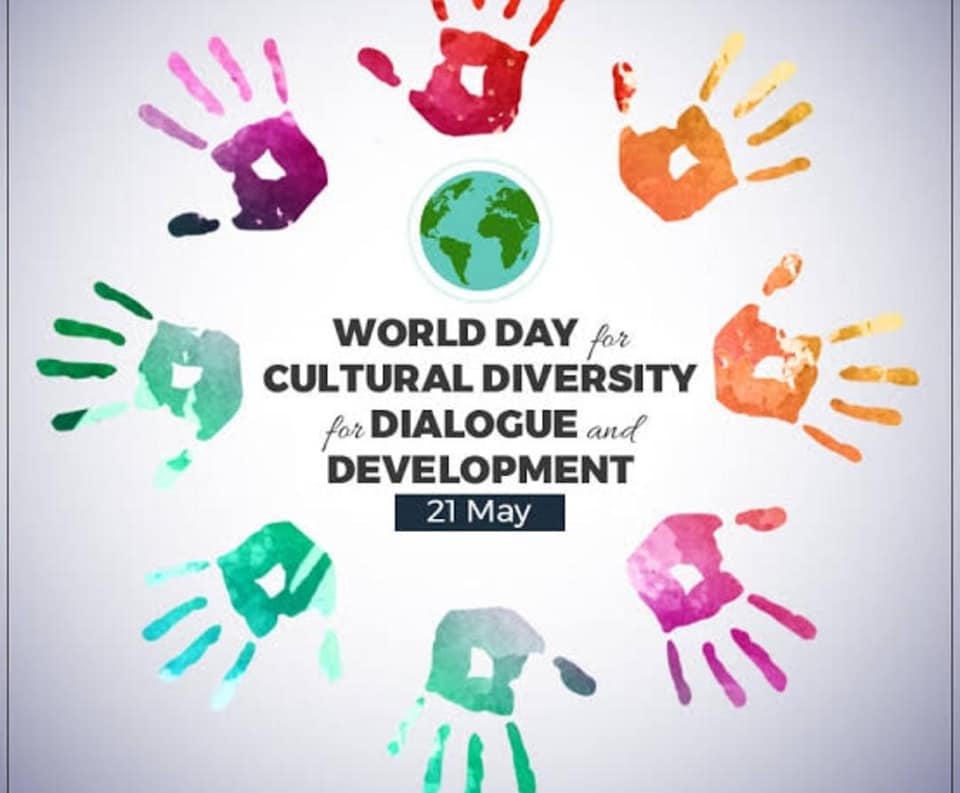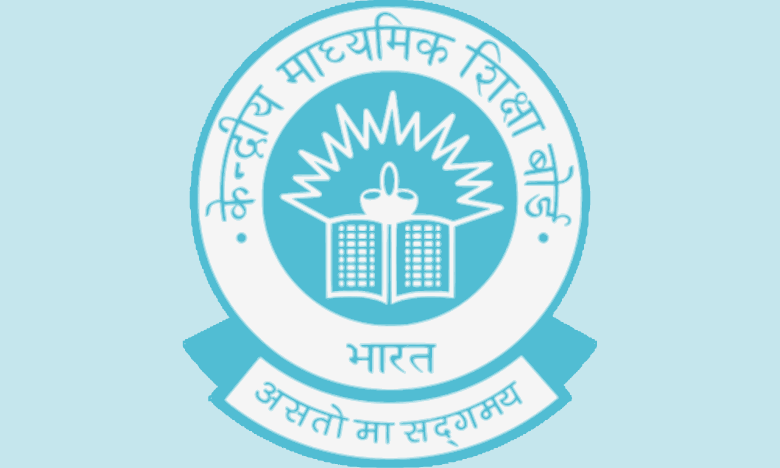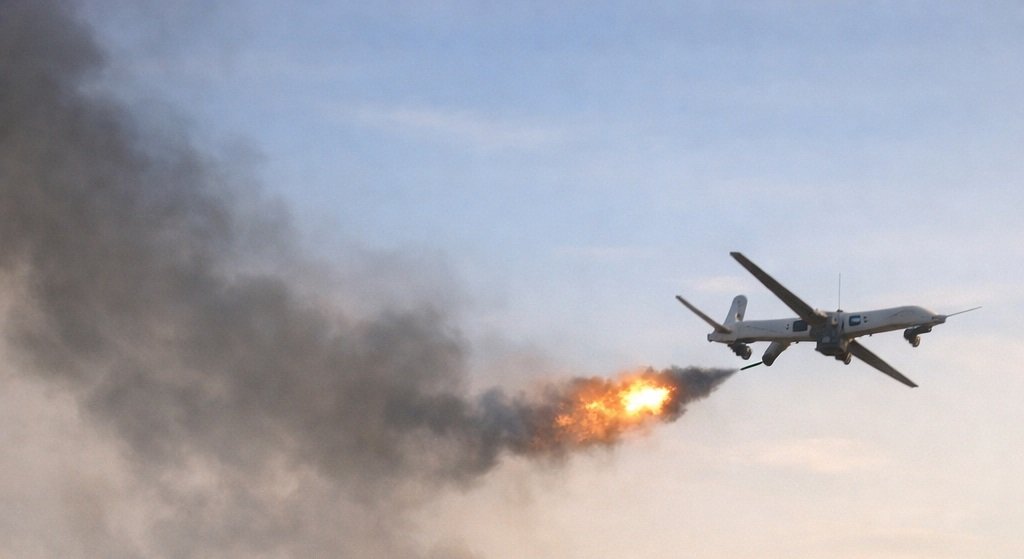World Bee Day, celebrated annually on May 20th, is a global observance dedicated to raising awareness about the importance of bees and other pollinators in sustaining ecosystems, supporting agriculture, and preserving biodiversity. Bees play a vital role in pollinating crops, wildflowers, and plants, contributing to food security, ecosystem health, and human well-being. As we commemorate World Bee Day, let’s explore the significance of bees, the threats they face, and the actions we can take to protect and conserve these invaluable pollinators.
Bees are among the most efficient pollinators in the natural world, transferring pollen from male to female flowers as they forage for nectar and pollen. This process is essential for the reproduction of flowering plants, including many fruits, vegetables, nuts, and seeds that form the basis of our diets. Without bees, pollination would be significantly impaired, leading to reduced crop yields, loss of biodiversity, and disruptions to ecosystems. In addition to their role as pollinators, bees produce honey, beeswax, and other hive products that have cultural, culinary, and economic significance.
Despite their ecological and economic importance, bee populations worldwide are facing unprecedented threats due to human activities and environmental changes. Habitat loss, pesticide exposure, climate change, invasive species, diseases, and parasites are among the leading factors contributing to bee declines. Industrial agriculture practices, such as monoculture farming and pesticide use, pose particular risks to bee health by reducing floral diversity, contaminating foraging areas, and weakening bee immune systems. The decline of bee populations has far-reaching consequences for ecosystems, agriculture, and food security.
World Bee Day serves as a platform to promote bee conservation and raise awareness about the threats facing pollinators. Conservation efforts focus on preserving and restoring bee habitats, promoting sustainable agriculture practices, reducing pesticide use, and supporting bee-friendly initiatives in urban and rural areas. Planting pollinator-friendly gardens, providing nesting sites for bees, and creating pesticide-free zones help create safe havens for bees to thrive. Education and outreach programs engage communities, schools, and policymakers in bee conservation efforts, fostering a greater appreciation for the vital role of pollinators in our ecosystems.
Sustainable agriculture practices play a crucial role in supporting bee health and biodiversity while ensuring food security and environmental sustainability. Agroecological approaches, such as organic farming, agroforestry, and diversified cropping systems, promote biodiversity, soil health, and natural pest management, benefiting bees and other pollinators. Farmers and growers can adopt bee-friendly practices, such as planting cover crops, providing flowering hedgerows, and avoiding the use of neonicotinoid pesticides, to support bee populations and enhance crop pollination.
World Bee Day celebrates the remarkable diversity of bees and other pollinators found around the world, from honeybees and bumblebees to solitary bees and native pollinators. Bees come in various shapes, sizes, and colors, each adapted to different habitats and floral resources. By recognizing and appreciating bee diversity, we gain a deeper understanding of their ecological importance and the interconnectedness of all living organisms in our ecosystems.
World Bee Day reminds us of the vital role that bees and other pollinators play in sustaining ecosystems, supporting agriculture, and preserving biodiversity. By raising awareness, promoting conservation efforts, and adopting bee-friendly practices, we can protect and conserve these invaluable pollinators for future generations. As we commemorate World Bee Day, let’s reaffirm our commitment to bee conservation and work together to create a world where bees can thrive, ensuring a healthy and sustainable environment for all.
***********************************************************
Readers
These are extraordinary times. All of us have to rely on high-impact, trustworthy journalism. And this is especially true of the Indian Diaspora. Members of the Indian community overseas cannot be fed with inaccurate news.
Pravasi Samwad is a venture that has no shareholders. It is the result of an impassioned initiative of a handful of Indian journalists spread around the world. We have taken a small step forward with the pledge to provide news with accuracy, free from political and commercial influence. Our aim is to keep you, our readers, informed about developments at ‘home’ and across the world that affect you.
Please help us to keep our journalism independent and free.
In these difficult times, running a news website requires finances. While every contribution, big or small, will make a difference, we request our readers to put us in touch with advertisers worldwide. It will be a great help.
For more information: pravasisamwad00@gmail.com








